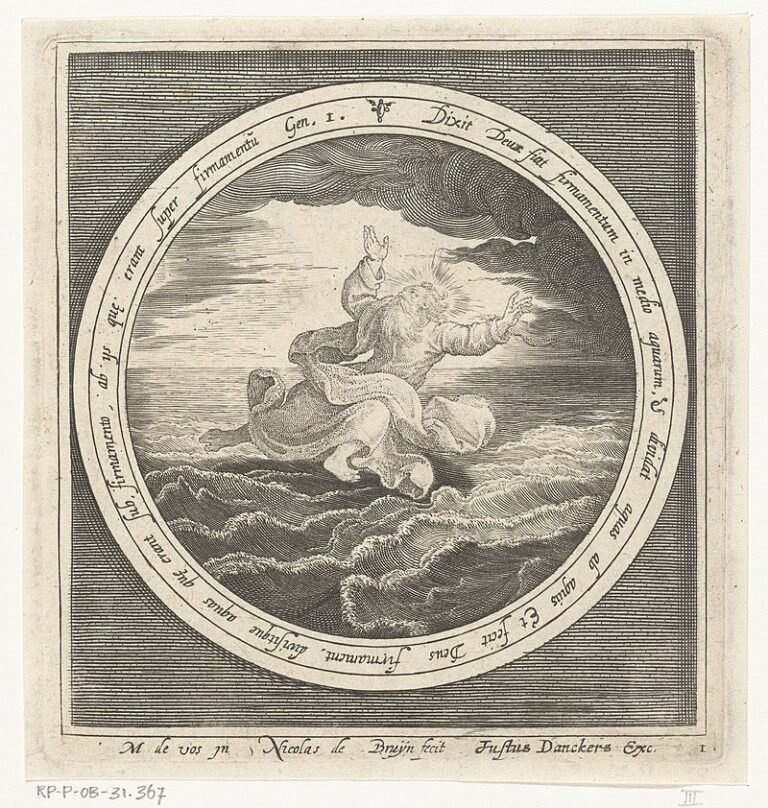HOW TO READ THE BIBLE IN ITS CONTEXT (BUT ONLY THE ONE YOU LIKE)?
5-7 min. read about a nice, semi-honest evangelical approach to the Scripture.

The girl running the class teaches the Bible. She is a missionary in the US. She’s just visiting here. ‘A missionary in the US?’ I wonder, asking myself if the current has reversed and now the world is sending missionaries to where evangelical Christianity came from. Well, no, it hasn’t. She’s a missionary at a centre where many people from all over the world come to be equipped and sent back to the field. ‘The field’, I guess, consists of the globe with an exception a US-shaped empty zone. Like a reversed aliens’ landing map, if you know what I’m talking about.
Here I’m getting cynical again, sorry.
The girl teaches the Bible, that’s what she does. I’m not sure about her age, but I’d be surprised if she was over 30. My guess is early twenties. I wonder if she teaches the Bible for free, writing monthly newsletters to crowdfund missionary money among her friends, family, and the home church, because that’s how it often works, especially around her age.
But here I go with my assumptions again, sorry.
The class is on the ‘Inductive Bible Study’ and the tools we need for it.
This way of studying is about ‘looking at what a text mean, instead of telling it what it should mean, as we often do’. Nice.
It’s about knowing the historical background because ‘it’s written for us, but not to us’. Nice.
We need to understand concerns of the author and the original audience. Good.
Then we look for timeless truths in it and their application in our lives – timeless truths, not direct commands, because hey, you don’t want direct commands from the chapters about mass killing of the Amalekites from the book of Joshua! Haha. Yes.
We run through the epistle to Philemon as a practical example. It’s brilliant. She helps us with a bit of extra-biblical info on the Roman slavery system and laws relevant to it. I’m really impressed – though I had studied the book earlier, as a group we see points and get conclusions that I’d never seen before, though they are clearly there in the text.
Everything’s great. Being myself though, I feel I need a deeper check to see how great it really is.
When the class is done and we go for cookies and tea, I ask her: ‘We conveniently used Philemon today, but I actually wonder how it would go if we used the book of Joshua and a chapter on the Canaanites genocide you mentioned when teaching’.
‘That would be more challenging, yes’. She smiles. ‘But there’s the context of the rest of the Bible and God’s character expressed in it’.
‘That’s assuming there’s one consistent way of showing God’s character thorough the whole Bible’ I say. ‘I find there different parts that could suggest different things.’
That somehow gets her into the standard repertoire of a Christian trying to justify the mass murder of the Holy Land biblical conquest: ‘They always a had chance to repent, look at the story of Rahab’, ‘Their traditions were really evil, think of child sacrifices’, ‘God waited for centuries to carry his judgment’, ‘Evil eventually has to be dealt with’, ‘it was a special situation because of Israel’s special mission’, and so on.
‘I get what you’re saying. It just doesn’t work for me, I can’t justify a slaughter of newborn babies this way’.
‘I know. I also struggle with it, of course’.
‘I appreciate your struggle’, I say and I really do. ‘I also wonder what we should do if we have the historians’ historical background contradicting the biblical narration. Do you believe the gore events described in the book of Joshua took place literally?’
‘I do.’
‘Let’s leave it then. Let’s take one of the epistles signed ‘Paul’, but not written by him. Like Timothy. Would you bring it up as historical background before a study’.
‘There’s a thing about critical Bible scholars…’
‘All scholars beside fundamentalists agree Paul didn’t write it’.
‘There’s also that scholar, Bart Ehrman, you should be careful listening to him because he’s a sceptic…’
‘He’s an atheist. I listen to him regularly along with many Christian scholars. I try not to take anything I hear at the face value’.
‘You shouldn’t’.
It seems she doesn’t know much about the questions of authorship, or about the discussion about the historicity of certain events described in the Bible. But she knows that Bart Ehrman, the sceptic, is dangerous, and she knows I must’ve been listening to him!
‘Going back to the question: would you mention that Paul most likely didn’t write the letter you study using this method?’
‘I don’t think it would help us understanding the text. I don’t think it adds or takes anything relevant. I wouldn’t.’
Here it is and I’m sorry that it is here:
Historical background is OK, but only as long as it confirms and supports our conservative assumptions, and doesn’t disturb our conservative (even if misguided) comfort. Historical background may be OK, focusing on the author and the original audience may be OK…
…but when the author is actually someone else that it’s stated in the text, when the text was written a generation or two later that we think it was, then historical background is irrelevant and doesn’t add anything to our understanding!
Ah.
Look, I don’t blame the girl. I think she’s great. Young, passionate, earnest. Having a sense of mission. I can see myself a couple of years ago.
But I do have a problem with her ‘teaching the Bible’ (whatever it means) at some Christian international missionary training centre.
And I blame the evangelical culture putting her in that position without giving her appropriate training and knowledge, I blame the evangelical culture often exploiting the youth’s zeal before it matures and often spitting it out when it does.
I blame it for promoting ignorance, knowingly or not.
The issues I tried discussing with her may not be of utmost importance for every church-goer, no. But at some stage, you should at least be aware of them, and ‘protecting’ church-goers from being exposed to those does nothing good in the day and age, when – you know – the dangerous Bart Ehrman is right there a click away from everyone.
I think of traditional denominations, which a long time ago theologically sorted out issues we talked about, issues that many evangelicals will judge as ‘controversial’, if not worse; denominations, where to get to a position of authority and teaching you are required to go through some systematic learning.
I slowly start to appreciate things I once rejected.






